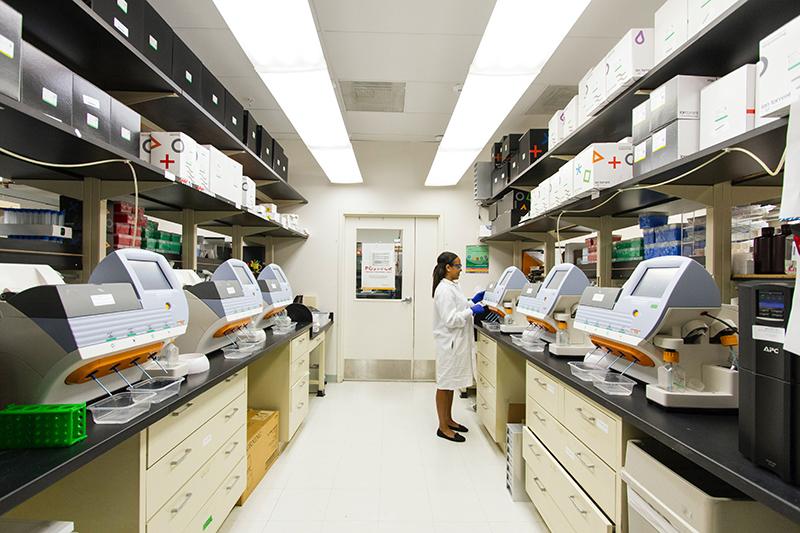Report puts spotlight on workplace equality for technicians in Covid-19 pandemic
New equality research from the University of Nottingham, UK, has offered a snapshot of the work challenges faced by the technician community across the UK during the Covid-19 pandemic.

A total of 65 technicians in research institutes and universities from across the UK took part in detailed qualitative research investigating the daily effects of lockdowns on their working practices and work-life balance.
Through interviews and written accounts, the project also highlights equality, diversity and inclusion (EDI) best practice introduced as part of the Covid recovery strategies. Many of the findings could be used to inform positive social and cultural change in workplaces where technicians play a key role and even beyond to different working environments and industries.
Report co-author and sociolinguist, Professor Louise Mullany says, 'The technical community has been at the forefront of the response to the Covid-19 pandemic but has not always got the same recognition as other roles in research.
'Technicians have shut down and maintained buildings, materials, animals and specimens, conducted Covid-19 and other essential research, been instrumental in reopening campuses and the return to face-to-face, blended and online teaching and learning. Technicians have also worked from home or experienced periods of furlough for the first time and this has had a profound impact on their work experiences, both positive and negative.'
He explains that the report draws on narrative research data to examine in detail cases where COVID-19 has exacerbated pre-existing EDI issues, where it has brought acute challenges to achieving EDI and, more positively, it shines a light on best practice examples of EDI to ensure all colleagues can participate at work on equal terms in future.
The report focuses on six key areas where participants felt the pandemic has had a particularly significant impact on EDI matters - flexibility and work-life balance, communication, parenting and caring responsibilities, ethnicity, disability and mental health. These themes emerged from narratives of technicians’ everyday lived experiences.







